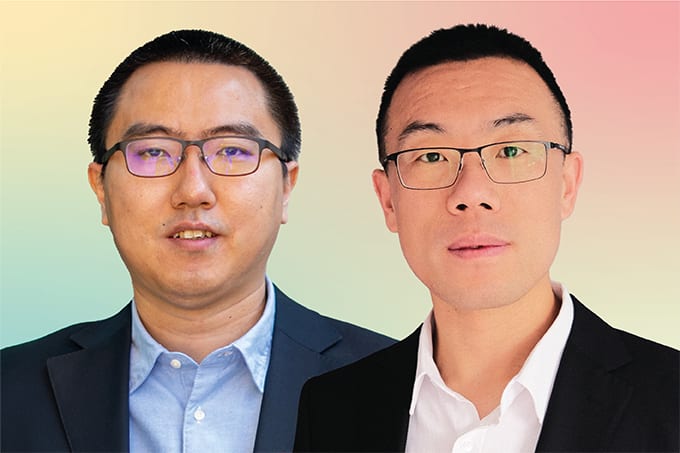The Cloud Chasers explores the fascinating topic of electronic nicotine delivery systems (ENDS) through the lens of analytical science. In particular, I was struck by Hugo Destaillats’ comment that vaping is effectively a global toxicology experiment, which presents regulators and organizations with a difficult choice. By banning e-cigarettes, tobacco smokers could be denied a less harmful alternative. (In Japan, where nicotine-containing e-liquids are banned, smokers have turned to ‘heat-not-burn’ tobacco products, which could prove more harmful than vaping.) On the other hand, public health bodies in the UK have adopted a positive stance towards vaping, which appears (so far) to offer a less harmful alternative to tobacco smoking – a boon to those who have been unable to quit. That said, normalization of vaping could lead impressionable members of the public to underestimate the risks and see it as an entirely ‘safe’ activity. One thing is clear: there is a desperate need for more and better information on the potential health risks of chemicals of any kind being sucked into our lungs.
For the few academic groups attempting to analyze e-cigarette vapor, challenges abound – not least selecting and making chemical measurements that accurately reflect real-world outcomes (a point underlined by Hans Verhagen here, who argues for the need to find appropriate exposure biomarkers for human biomonitoring studies in food safety). Several scientists I spoke to raised the ever-pressing issue of “unknown unknowns.” With most of vaping based on tobacco smoke, which is different both chemically and toxicologically, we could be missing (a big) part of the picture. Beyond limitations in analytical scope, studies must also attempt to account for the behavior of consumers. For example, when e-cigarettes are used intensively at high temperatures (so-called dry puffing), high levels of dangerous compounds are produced; whereas human vapers typically desist immediately when faced with the resulting acrid taste, the machines used in studies are less particular, skewing results. How can we be sure that we are measuring the most relevant compounds? Analytical science is by nature collaborative, and assessing ENDS risks is no different. Researchers could stand to gain from working with regulators and public health experts (to understand what data they need to help them draw realistic conclusions), biologists (to determine the best biomarkers), and even psychologists (to assess studies against real-world use). Or perhaps we should just continue with the great global toxicology experiment!
Charlotte Barker Editor





